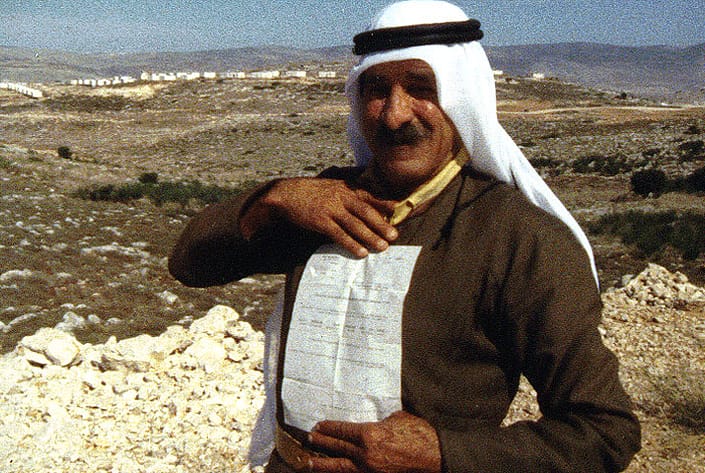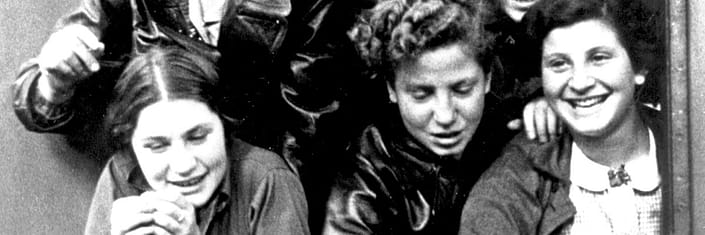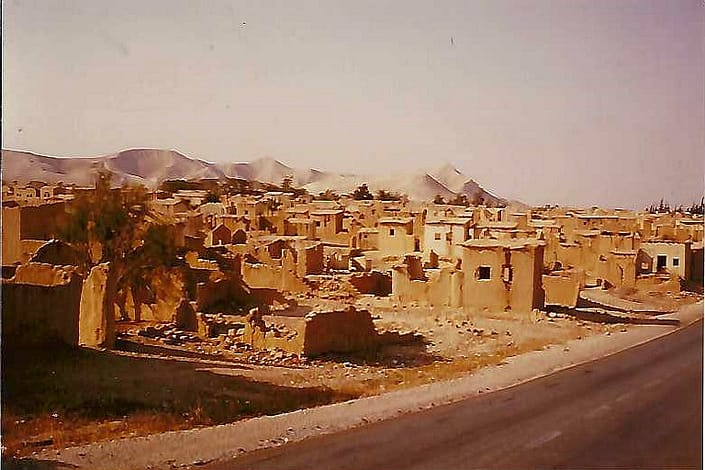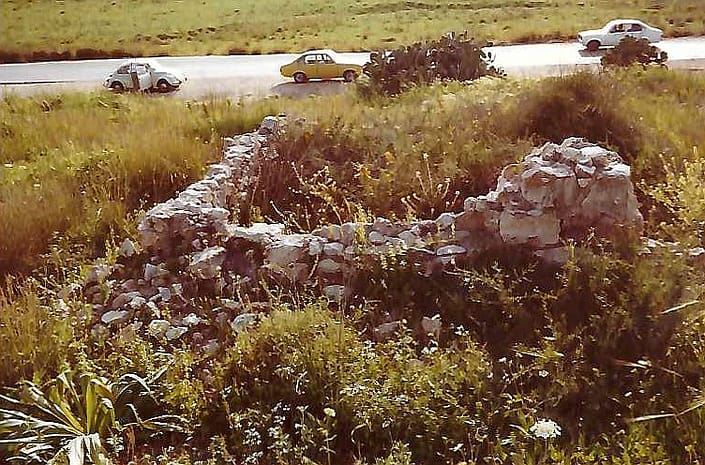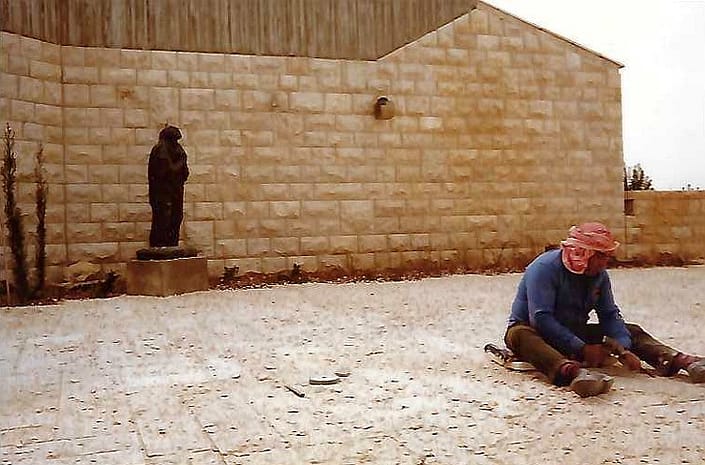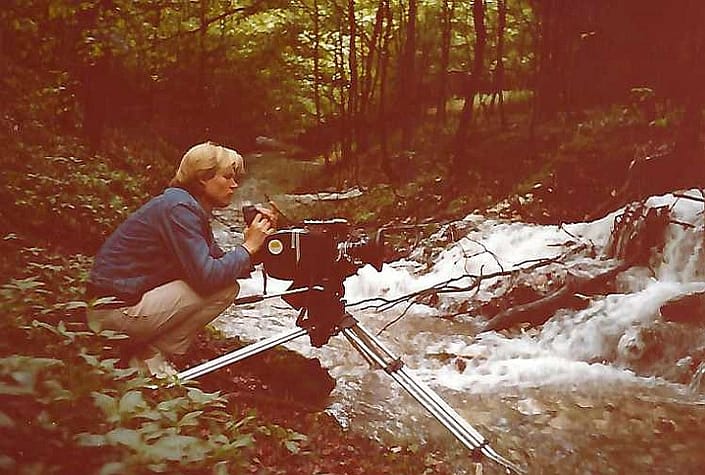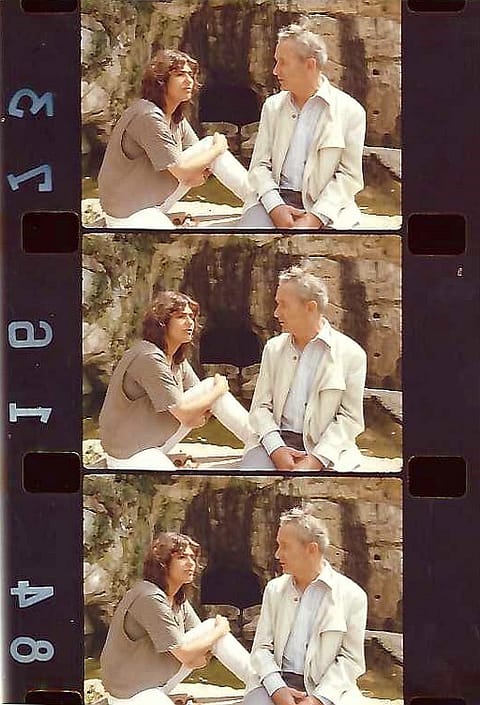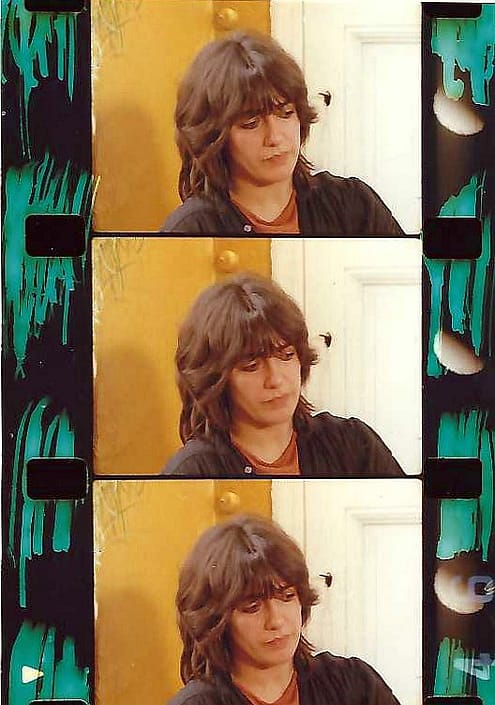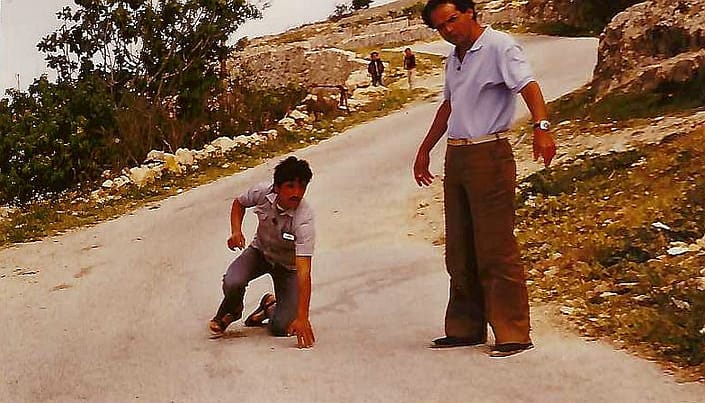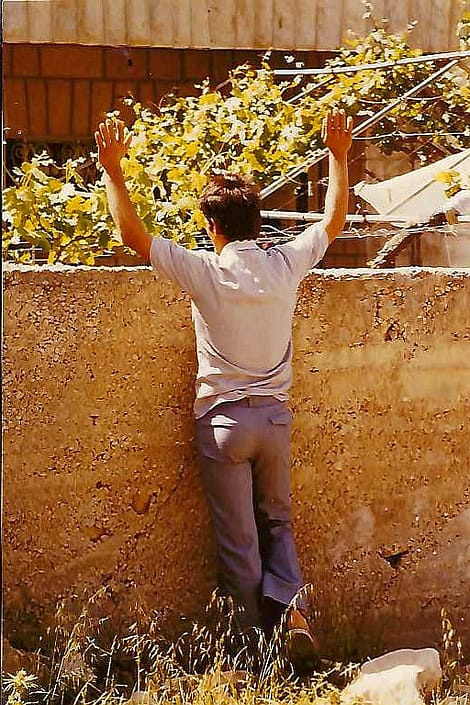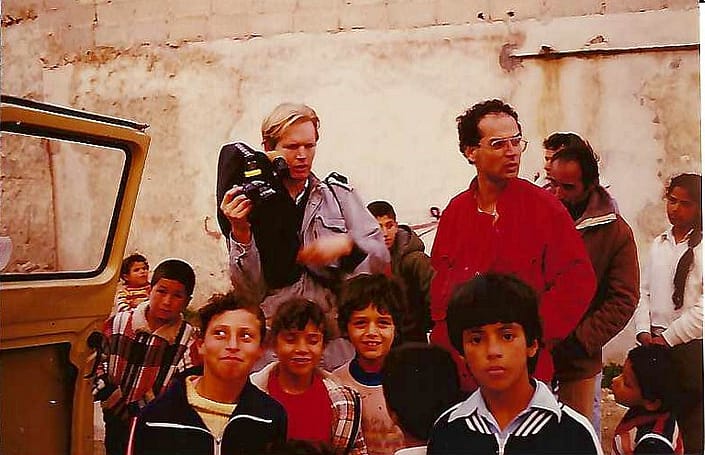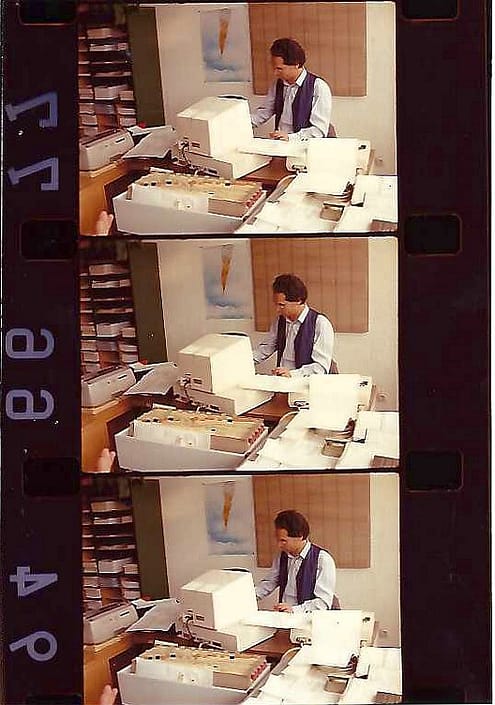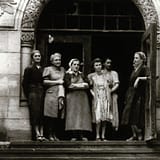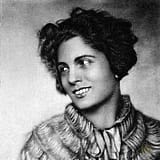© Copyright – Lichtfilm
An Israeli woman lives in Berlin, a Palestinian man in Munich, both with German passports. She is the daughter of German-Jewish refugees, he is the son of Palestinian refugees. Their biographies stand for the tragic interweaving of German, Jewish and Palestinian history.
For the first time, a German film attempts to come to terms with the entanglements of German history with the Israeli-Palestinian conflict. The unresolved past casts a shadow over possible solutions for the future.
The film attempts to pose new questions and make repressed connections visible: Is National Socialism partly to blame for the homelessness and statelessness of the Palestinians? Do we Germans bear a special responsibility in the Israeli-Palestinian conflict?
Does the brutality of the clashes in the Middle East conflict stem from a misguided revenge against the German perpetrators? Images of an unresolved past mingle with an incomprehensible present.
FBW: Rating “especially valuable
German Film Critics’ Award 1985
Duisburger Filmwoche; Munich Film Festival; Haifa Film Festival; Rotterdam Film Festival; Cinema du reel, Paris; Jewish Film Festival San Francisco and Berkeley, Flaherty Seminar.
“We are very impressed by the movie. We have seen many films on the subject of Israel and Palestine and feel that SHADOWS OF THE FUTURE is one of the most even-handed and intelligent approaches to this important and disturbing subject.” (Jewish Film Festival San Francisco)
“‘-Without Auschwitz, no Israel. Without Auschwitz, no expulsion of the Palestinians’? W.B. sought the answer to this truly difficult question in his documentary by enabling an Israeli emigrant and an Arab emigrant from Germany to embark on a joint journey into the history of their peoples.” FR,27.1 1 .85
“The historical line from the Holocaust to the expulsion of the Palestinians is only one part of the Jewish-Arab tragedy, but Bergmann’s film is able to awaken understanding for both sides without invoking harmony. Now the viewer has to see how to cope with the uncomfortable questions and contradictory images.” Hannoversche Allgemeine Zeitung,29 .1 1.85
“Bergmann does not condemn, but shows the terrible entanglement of both sides, the tragedy of the conflict, for which, as he reminds us, the Germans bear a great deal of blame. A courageous, haunting and illuminating film.” Kölner Stadtanzeiger,29. 1 1 .85
“The continuity that Bergmann sees is a continuity of disruption, of suffering, of homelessness. With his language, his images, he shows people who are severely scarred by the consequences of history. Bergmann does not make himself as comfortable as some of his critics accuse him of. His film is challenging (although the tone is calm) because it doesn’t use any clichés, because it doesn’t presume to pass judgment, but leaves things open and contrasts, passes the questions on to us – not to us as viewers, but to us as Germans.” epd, Kirche und Rundfunk, 7.12.85
“Three sides of a triangle – Israelis, Palestinians and Germans – are brought together in this honest, personal and unusual film. ‘Jewish Film Festival San Francisco. 8.86
“West German filmmaker W.B. has made a very personal movie that is a search for an intelligent point of view on the causes and effects of the Israel-Palestine conflict.” Bay Guardian San Francisco. 30.7.86
“There are many reasons to like and respect Wolfgang Bergmann’s movie, but mostly because it touched on the tragedy of the war that has been going on for 40 years.” Variety,7/30/85
Zum Streaming:


